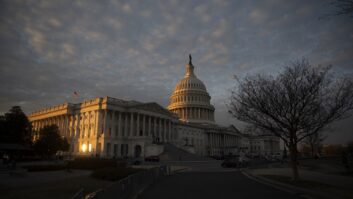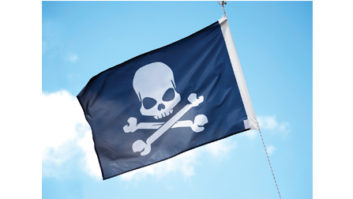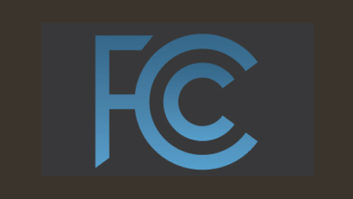More support is rolling in for the newly announced PIRATE Act, which increases fines for illegal pirate radio operations, streamlines the enforcement process, and holds those liable who facilitate pirate operations. The bill was introduced on May 8 by Rep. Leonard Lance (R-NJ) and Rep. Paul Tonko (D-NY).
According to information released by Lance’s office, the bill takes the furthest step yet in instituting enforcement sweeps by requiring the FCC to conduct bienniel enforcement sweeps in the top five radio markets with significant illegal pirate operations, which includes New York and New Jersey.
The National Association of Broadcasters expressed its support for the legislation, known as the Preventing Illegal Radio Abuse Through Enforcement Act.
“Pirate radio is a real threat to public health and safety, causes interference to legal radio broadcasts, and flouts the rule of law,” said Dennis Wharton, NAB executive vice president of communications. “NAB strongly supports this legislation to provide greater enforcement tools to the Commission and will work with members of Congress in the House and Senate on its swift passage.”
[Read: Pirate Radio Bill Formally Introduced]
Rep. Chris Collins (R-NY), also a member of the Communications and Technology Subcommittee, said that radio piracy is not only bad for business but a threat to public safety.
“Pirate stations compete unfairly with licensed stations who follow the rules for competitive advertising dollars,” he said. “What is worse is that the illegal use our nation’s airwaves can block the emergency alert system in times of crisis. The PIRATE Act enhances penalties and expands liability so that the FCC can work to deter future pirates and hold those operating illegally accountable and shut them down.”
Similar sentiments came from the New York State Broadcasters Association.
“For too long the citizens of New York have endured the harm caused by illegal pirate radio stations,” said David Donovan, president of the association. According to Donovan, these stations interfere with the Emergency Alert System, interfere with FAA and airport communications, emit levels of RF radiation into local neighborhoods that are above government standards and transgress all FCC rules and regulations.
“The PIRATE Act will give the FCC the tools to protect consumers and take illegal pirate operators off the air,” he said, adding that the agency is looking forward to working with the bill’s co-sponsors and other members of the House and Senate to move forward with the legislation.







